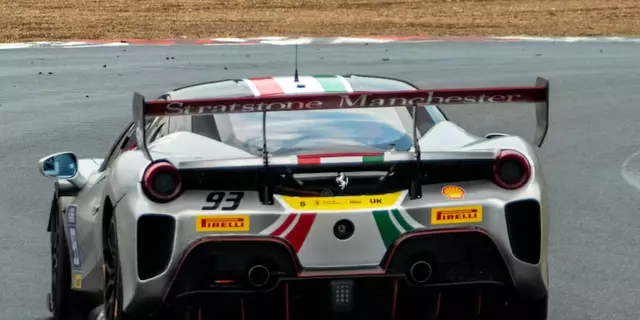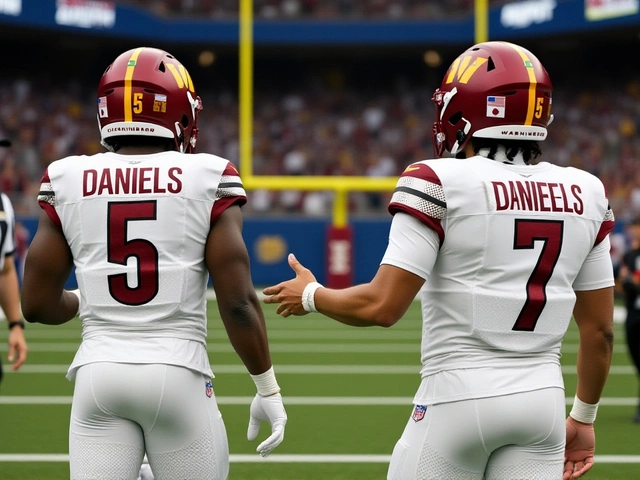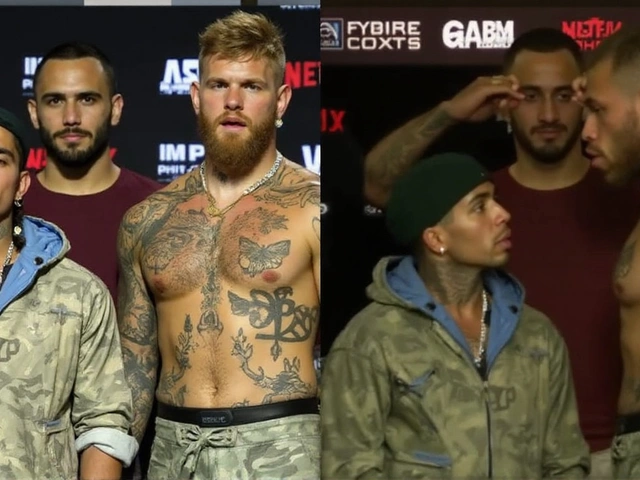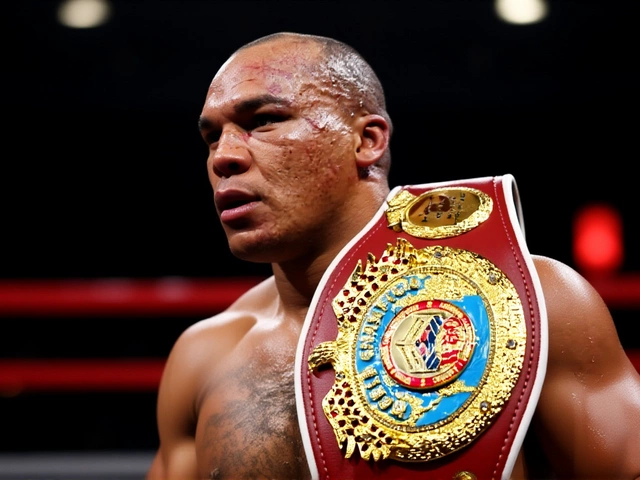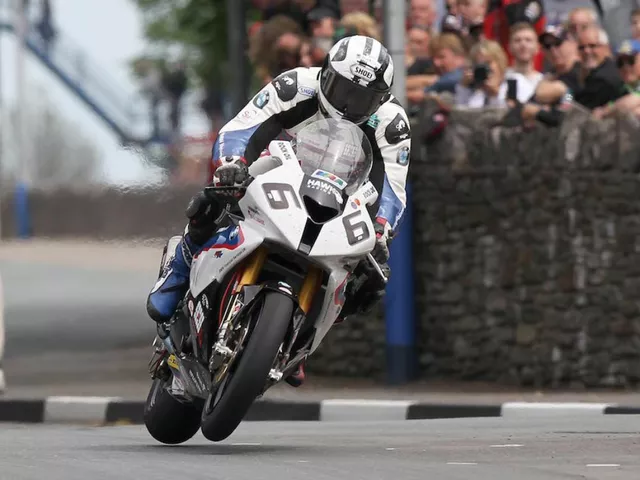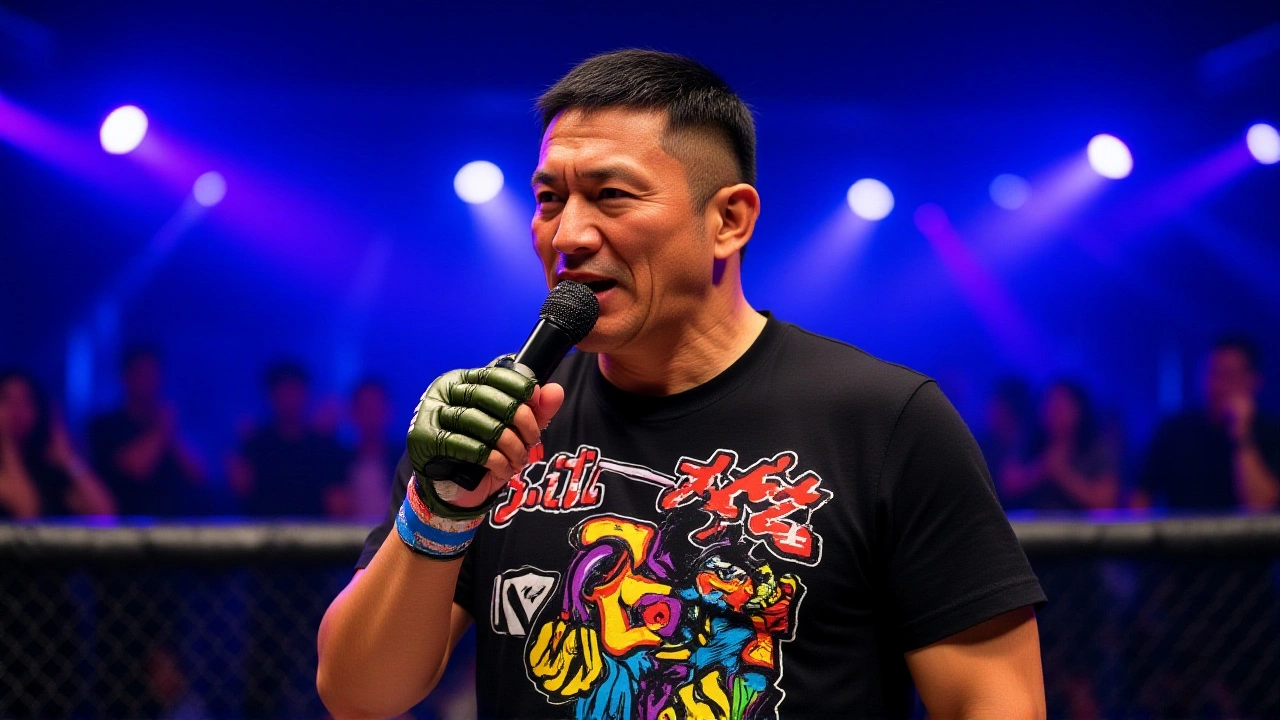
When Kyoji Horiguchi stepped back into the UFC octagon after nine long years, no one expected the fireworks — not even the crowd in Doha. But on November 22, 2025, at the UFC’s first-ever event in Qatar, the 34-year-old Japanese warrior didn’t just return — he announced himself as a force again, submitting Tagir Ulanbekov with a brutal rear-naked choke in the third round. And then, in the most audacious post-fight moment of the year, he turned to the camera and yelled: "Where’s Pantoja? He is my teammate but it doesn’t matter. I will beat your [expletive]."
A Comeback Written in Blood and Grappling
Horiguchi’s last UFC fight was in November 2016 — a heartbreaking loss to Demetrious Johnson by last-second armbar, the same night he fought for the flyweight title. He vanished from the promotion after that, not because he was done, but because the UFC didn’t see him as a priority. He didn’t fade. He evolved. Over the next nine years, he became a champion in Rizin and Bellator, holding both bantamweight titles simultaneously at one point. He beat Kai Asakura. He dominated Sergio Pettis. He even went toe-to-toe with Manel Kape. His record outside the UFC? Six fights, zero losses. That’s not a comeback. That’s a declaration.He vacated his Rizin flyweight belt in March 2025 to re-enter the UFC. His return fight, originally set for June 21, was scrapped when he withdrew for undisclosed reasons. Many assumed age, injury, or loss of edge. But on November 22, in front of a roaring crowd under the Qatari desert sky, Horiguchi proved them wrong. He dropped Ulanbekov with a crisp left hook, swarmed like a predator, and locked in the choke with cold precision. The tap came at 3:17 of Round 3. No doubt. No controversy.
The Unthinkable Challenge: Teammate vs. Champion
Here’s where it gets wild. Horiguchi didn’t call out the top-ranked challenger. He didn’t ask for the #2 guy. He went straight for the king — Alexandre Pantoja, the current UFC flyweight champion. And they train together. At American Top Team in Coconut Creek, Florida. Same gym. Same coaches. Same sparring partners. Same showers.It’s unheard of. Fighters avoid challenging their training partners. It’s tradition. It’s loyalty. It’s self-preservation. But Horiguchi doesn’t care about tradition. He’s spent his career tearing through divisions, and now he’s got one target: the belt. "It doesn’t matter," he said. And he meant it.
Pantoja, meanwhile, is coming off a dominant win over Joshua Van at UFC 323 — a fight that solidified his status as the most complete flyweight on the planet. But Pantoja’s path to defending his title is now blocked by his own teammate. The UFC’s matchmaking team must be sweating. Do they force the fight? Do they let Pantoja defend against someone else? Do they risk a civil war inside American Top Team?
Why This Fight Makes Sense — Even If It’s Uncomfortable
The truth? This matchup is a goldmine. Two elite grapplers. Two technicians who know each other’s tells. Pantoja’s pressure vs. Horiguchi’s counter-striking. Horiguchi’s veteran composure vs. Pantoja’s youthful aggression. And the narrative? Pure drama. The veteran returns from exile, knocks out a top contender, and then turns to his own teammate and says, "I’m taking your belt."This isn’t just a title shot. It’s a reckoning. Horiguchi spent years proving he belongs at 125 pounds — even after spending five years at bantamweight. He’s not chasing glory. He’s chasing legacy. He already won titles in three major promotions. Now he wants the UFC’s crown — the one he nearly had in 2016.
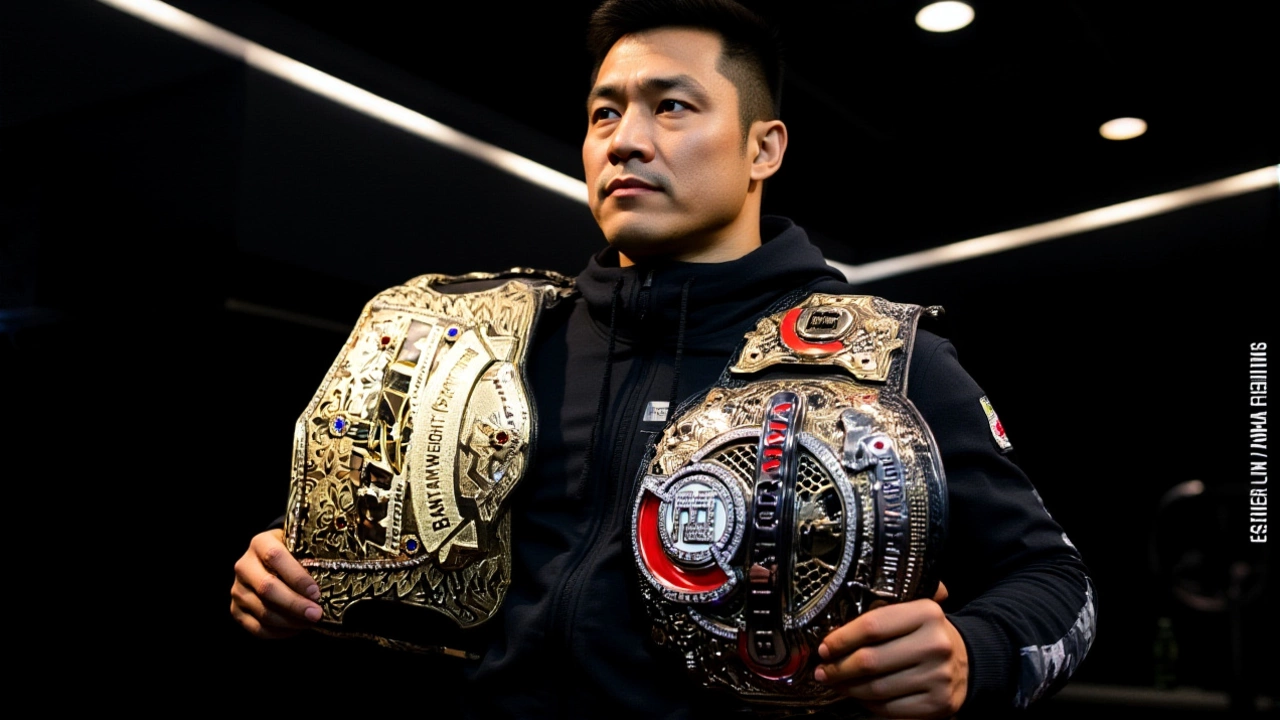
What’s Next? The Clock Is Ticking
Pantoja’s next defense is expected to be in early 2026. If he defends against Van again — or someone else — the UFC risks looking cowardly. Horiguchi is 34, not 24. He doesn’t have another nine years to wait. The organization knows this. They signed him to a multi-fight deal after his six-fight unbeaten streak. They didn’t bring him back to watch him fade.There’s another layer: Horiguchi’s career arc. He left the UFC after losing his only title shot. Now, he’s asking for another — and he’s doing it on his terms. He didn’t wait for an invitation. He forced the issue with a performance that silenced doubters. If the UFC denies him, they’ll be accused of favoritism — or worse, fear.
Legacy in the Making
Kyoji Horiguchi didn’t just win a fight. He rewrote the script. He showed that veterans don’t disappear — they evolve. He proved that experience still beats hype. And he dared to challenge his own teammate for the most coveted prize in MMA.It’s messy. It’s bold. It’s beautiful. And if the UFC doesn’t make this fight, they’re not just ignoring a title contender — they’re ignoring history.
Frequently Asked Questions
Why did Kyoji Horiguchi leave the UFC in 2016?
After losing his UFC flyweight title shot to Demetrious Johnson via a last-second armbar in November 2016, Horiguchi was not offered a new contract. He spent the next nine years dominating Rizin and Bellator, winning and defending multiple championships, proving he was still elite — and forcing the UFC to come back to him.
How does Horiguchi’s record compare to Alexandre Pantoja’s?
Horiguchi has a 28-6-1 career record with wins over top names like Kai Asakura and Sergio Pettis. Pantoja is 24-2-1, with a 5-0 UFC record and 11 consecutive wins overall. Both are technically elite, but Horiguchi has more experience across promotions, while Pantoja has been more consistent in the UFC’s toughest division.
What makes the Horiguchi-Pantoja matchup so unique?
They train together daily at American Top Team, meaning they’ve sparred hundreds of rounds, studied each other’s tendencies, and know exactly how the other thinks. No fighter has ever challenged their own teammate for the UFC title — making this the most personal, psychologically intense title fight in modern MMA history.
Could Horiguchi’s age be a disadvantage?
At 34, Horiguchi is older than most title contenders, but his technical style relies less on explosive athleticism and more on timing, precision, and fight IQ. Fighters like Anderson Silva and Demetrious Johnson thrived into their 30s with similar styles. His nine-year layoff may have hurt his stamina, but his performance against Ulanbekov suggests he’s still sharp.
What impact does this have on American Top Team?
The gym’s reputation for unity could be tested. While coaches like Dan Lambert have managed rivalries before, a title fight between two top fighters from the same team is unprecedented. It could fracture team chemistry — or create an even stronger narrative of elite competition within the gym.
Is there a chance the UFC will avoid this fight?
Yes — but it would be a huge mistake. Horiguchi earned this shot with a dominant performance and a legendary career. Denying him would make the UFC look afraid of the story, not the fighter. With fans craving fresh rivalries, this matchup is the kind of pay-per-view blockbuster the UFC needs in 2026.
